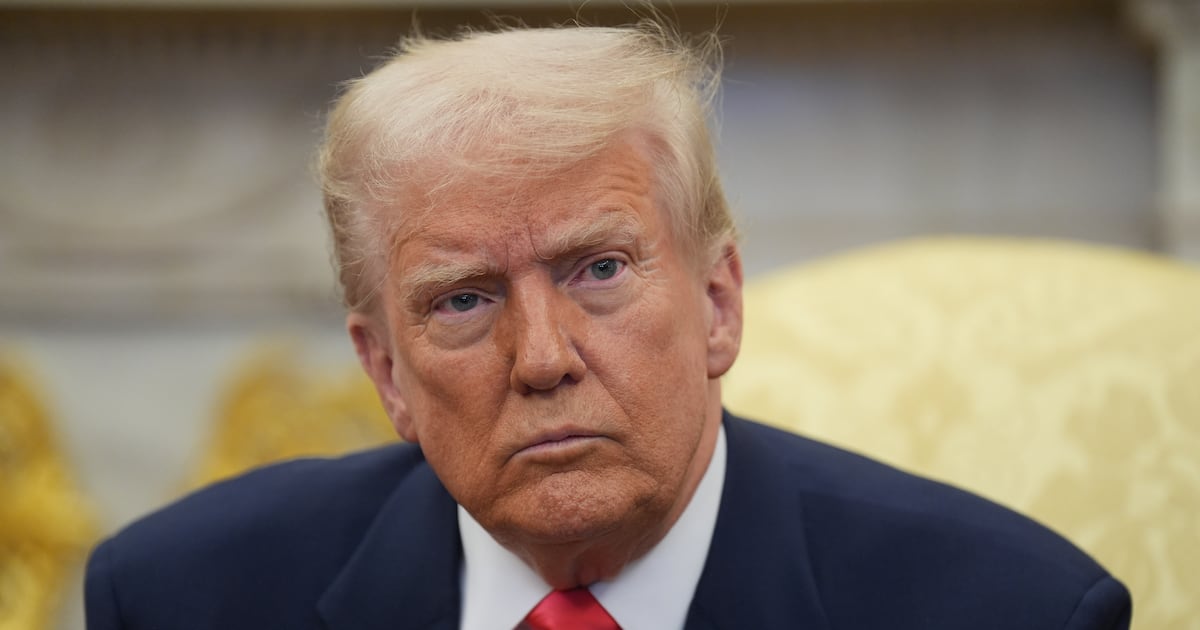The imposition of 15 per cent tariffs on European Union imports of wine and spirits would result in “more than 25,000 American job losses and nearly $2 billion in lost sales”, a coalition of US trade associations has warned.
In a letter addressed to Donald Trump, the Toasts Not Tariffs coalition has urged the US president to “secure fair and reciprocal tariff-free trade for US and EU spirits and wines as soon as possible”.
“The damage to the US hospitality sector resulting from tariffs on wines and spirits will have lasting, negative impacts,” it warned.
The 57 signatories to the letter included key US trade organisations including the Distilled Spirits Council of the United States, WineAmerica and American Distilling Institute.
The EU and US agreed a trade deal at the end of July but the specific tariffs applying to wine and spirits, including Irish whiskey, which accounts for up to half the State’s food and drink exports to the US, were not outlined.
A blanket 15 per cent tariff on EU goods, including wine and spirits, however, came into force on Friday.
The Irish Whiskey Association warned last week that some exporters here may be forced “to reorientate their focus away” from the US if a 15 per cent tariff rate applied.
After months of threats and reversals and despite some frantic last-minute lobbying by several countries, including Switzerland and Taiwan, which have been hit hard by the new measures, Mr Trump’s global tariffs took effect at 12.01am in Washington on Thursday, pushing US import duties to their highest level in a century.
US commerce secretary Howard Lutnick said the levies could generate up to $50 billion (€42 billion) a month in tariff revenues.
“Then you’re going to get the semiconductors, you’re going to get pharmaceuticals, you’re going to get all sorts of additional tariff money coming in,” Mr Lutnick said in an interview with Fox Business Network.
Mr Trump this week appeared to go back on the trade deal agreed with the EU in July by threatening to lift tariffs on pharmaceuticals, the main element of Ireland’s trade with the US, up to 250 per cent within two years.
On Wednesday, he also threatened to impose 100 per cent tariffs on foreign-made semiconductors, albeit with exemptions for companies that have invested in the US.
“With the continuing noise from the US administration on tariffs, the hoped-for certainty signal remains elusive for EU business,” Danny McCoy, the head of employers’ group Ibec said.
“Businesses can only best deal with the situation as it is day by day at the expense of longer-term planning for investment. We hope for stability and certainty soon.”
Market analysts, meanwhile, have been sounding alarm bells that the US economy could be drifting toward stagflation, citing weakening jobs market data and a noticeable tick up in inflation, as the impact of trade tariffs start to show up.
This could potentially restrict the ability of the Federal Reserve in the US to cut interest rates, they say.

